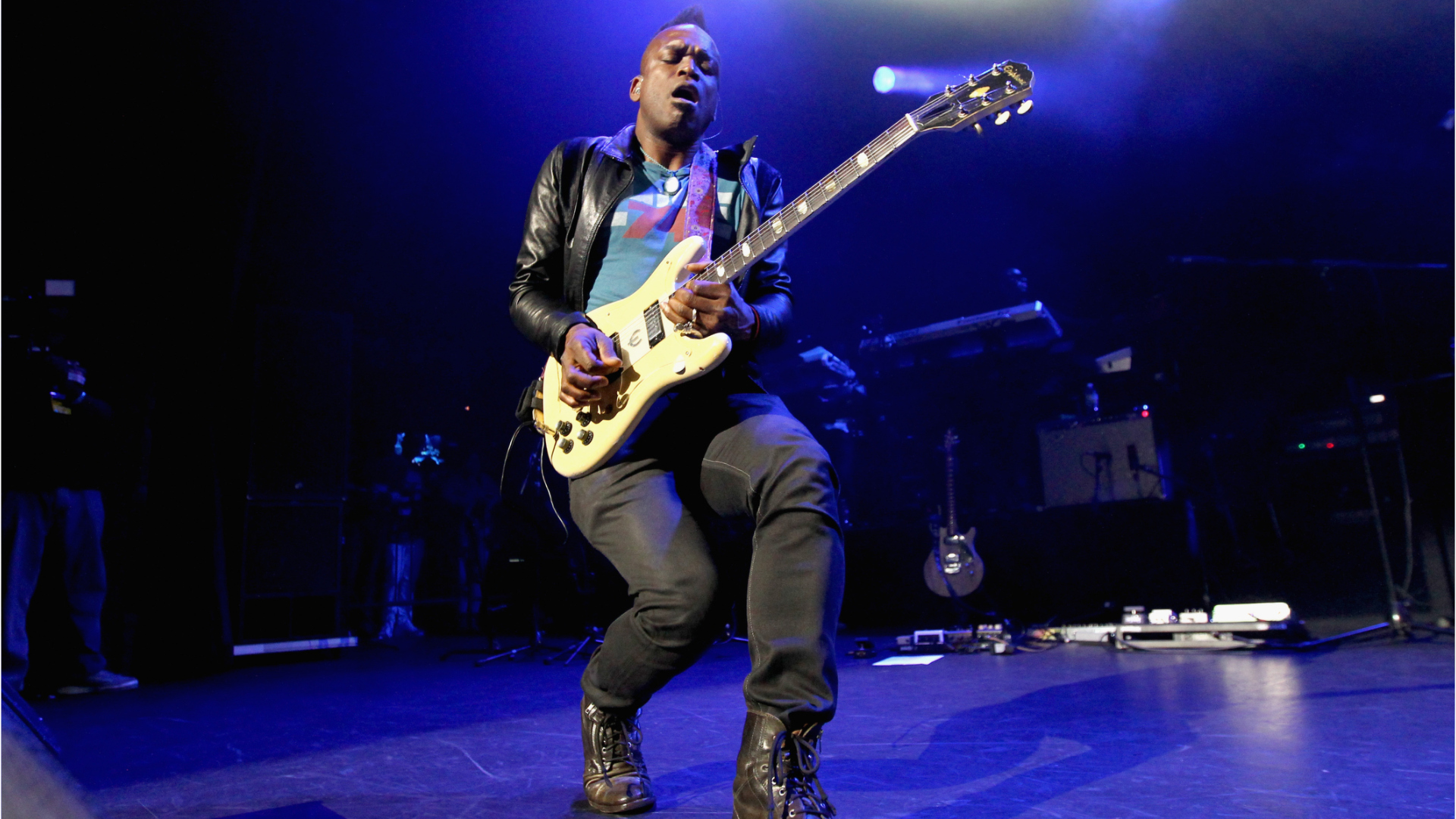Journalist
Journalist
Career Overview
Those who work in television and radio set up and conduct interviews, which can be broadcast live or recorded for future broadcasts. These workers are often responsible for editing interviews and other recordings to create a cohesive story and for writing and recording voiceovers that provide the audience with the facts of the story. They may create multiple versions of the same story for different broadcasts or different media platforms.
Education
Employers generally prefer workers who have a bachelor’s degree in journalism or communications along with an internship or work experience from a college radio or television station or a newspaper.
Future Outlook
Overall employment of reporters, correspondents, and broadcast news analysts is projected to decline 11 percent from 2019 to 2029. Declining advertising revenue in radio, newspapers, and television will negatively affect the employment growth for these occupations.
Work Environment
Most reporters and correspondents work for newspaper, website, or periodical publishers or in television or radio broadcasting. Broadcast news analysts mainly work in television and radio.
Recommended High School Courses
- Journalism
- Public Speaking
- Writing
- Communication
- History
- Foreign Languages
- English
- Active Learning - Understanding the implications of new information for both current and future problem-solving and decision-making.
- Active Listening - Giving full attention to what other people are saying, taking time to understand the points being made, asking questions as appropriate, and not interrupting at inappropriate times.
- Complex Problem Solving - Identifying complex problems and reviewing related information to develop and evaluate options and implement solutions.
- Coordination - Adjusting actions in relation to others' actions.
- Critical Thinking - Using logic and reasoning to identify the strengths and weaknesses of alternative solutions, conclusions or approaches to problems.
- Judgment and Decision Making - Considering the relative costs and benefits of potential actions to choose the most appropriate one.
- Monitoring - Monitoring/Assessing performance of yourself, other individuals, or organizations to make improvements or take corrective action.
- Negotiation - Bringing others together and trying to reconcile differences.
- Persuasion - Persuading others to change their minds or behavior.
- Reading Comprehension - Understanding written sentences and paragraphs in work related documents.
- Social Perceptiveness - Being aware of others' reactions and understanding why they react as they do.
- Speaking - Talking to others to convey information effectively.
- Time Management - Managing one's own time and the time of others.
- Writing - Communicating effectively in writing as appropriate for the needs of the audience.
- Communications and Media - Knowledge of media production, communication, and dissemination techniques and methods. This includes alternative ways to inform and entertain via written, oral, and visual media.
- English Language - Knowledge of the structure and content of the English language including the meaning and spelling of words, rules of composition, and grammar.
- Law and Government - Knowledge of laws, legal codes, court procedures, precedents, government regulations, executive orders, agency rules, and the democratic political process.
- Telecommunications - Knowledge of transmission, broadcasting, switching, control, and operation of telecommunications systems.
- Deductive Reasoning - The ability to apply general rules to specific problems to produce answers that make sense.
- Fluency of Ideas - The ability to come up with a number of ideas about a topic (the number of ideas is important, not their quality, correctness, or creativity).
- Inductive Reasoning - The ability to combine pieces of information to form general rules or conclusions (includes finding a relationship among seemingly unrelated events).
- Information Ordering - The ability to arrange things or actions in a certain order or pattern according to a specific rule or set of rules (e.g., patterns of numbers, letters, words, pictures, mathematical operations).
- Near Vision - The ability to see details at close range (within a few feet of the observer).
- Oral Comprehension - The ability to listen to and understand information and ideas presented through spoken words and sentences.
- Oral Expression - The ability to communicate information and ideas in speaking so others will understand.
- Originality - The ability to come up with unusual or clever ideas about a given topic or situation, or to develop creative ways to solve a problem.
- Problem Sensitivity - The ability to tell when something is wrong or is likely to go wrong. It does not involve solving the problem, only recognizing there is a problem.
- Selective Attention - The ability to concentrate on a task over a period of time without being distracted.
- Speech Clarity - The ability to speak clearly so others can understand you.
- Speech Recognition - The ability to identify and understand the speech of another person.
- Written Comprehension - The ability to read and understand information and ideas presented in writing.
- Written Expression - The ability to communicate information and ideas in writing so others will understand.
- Analyze information obtained from news sources.
- Gather information for news stories.
- Coordinate logistics for productions or events.
- Edit written materials.
- Report news to the public.
- Determine presentation subjects or content.
- Operate communications, transmissions, or broadcasting equipment.
- Edit audio or video recordings.
- Coordinate reporting or editing activities.
- Operate still or video cameras or related equipment.
- Inform viewers, listeners, or audiences.
- Interview others for news or entertainment purposes.
- Monitor current trends.
- Write informational material.
Potential Scholarships
Approx Salary Expectation
References
Trend Analysis - Explorer the Market, Labour Market Information, Government of Canada https://www.jobbank.gc.ca/trend-analysis.
O*NET OnLine, National Center for O*NET Development, https://www.onetonline.org/.

